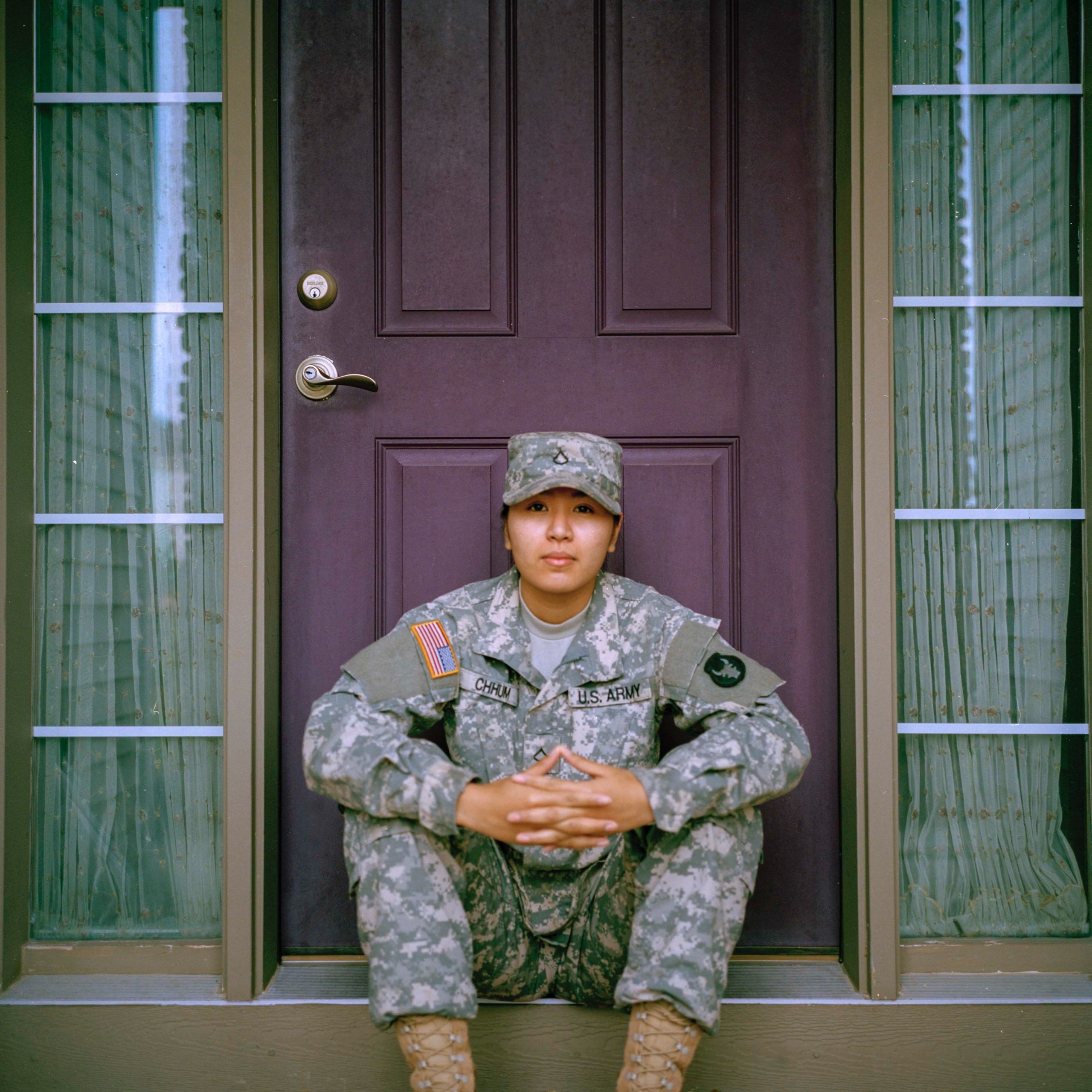What is a VA Loan?
Veterans Affairs helps Servicemembers, Veterans, and eligible surviving spouses become homeowners. These loans are through private lenders, banks, or mortgage companies. VA loans provide a guaranteed portion of the loan. This allows private lenders to arrange more desirable terms, such as lower interest rates and even lower closing costs.
Benefits of Purchasing a Home with a VA Loan
- No Downpayment (Mortgage Lenders can require one, but the VA loan itself does not require this.)
- Lower Interest Rates
- PMI (Private Mortgage Insurance) is not necessary
- This is a lifetime benefit and can be used multiple times.
Starting the Loan Process
To begin the loan process, there are a few steps to take and some things to consider. First, determine if you qualify for a COE (Certificate of Eligibility). You can do this with your mortgage lender or via mail. Be aware that going through your lender is much quicker, and communication will be direct with your lender.
Your finances, such as your credit profile, income, and expenses, can help determine what mortgage payment fits within your budget. When going over these things, be sure to consider closing costs and any additional costs that may come after the purchase of your home (i.e., furniture, appliances, and necessary repairs or improvements).
Find a lender that fits your needs and is the most cost-effective for your situation, whether you decide to go through a private bank, mortgage company, or a local credit union. Different lenders have different fees and often have competitive interest rates. Shop around! There is no harm in knowing what is out there!
Get recommendations for realtors from friends or family. Find someone that you work well with. Before hunting for a home, get on the same page with your real estate agent. Ensure you have outlined what charges, fees, and commissions will be calculated into your purchase price. Real estate agents are a great resource in determining what factors are most important to you when choosing a home. After an agreement is signed between you and your agent, discussion about your needs in a property can begin.
Purchase Process
Real estate agents will assist in the contracts associated with your purchase, including the purchase contract and the appropriate clauses for VA Loans; these clauses are called either a “VA escape clause” or a VA option clause.” Your agent can advise on other contingencies to your contract, such as if the property fails a home inspection or doesn’t appraise for the current purchase price.
Appraisals are a large part of your purchase. These determine if there are major defects in the property, meet minimum property requirements (MPRs), and provide an accurate property value. If the property does not appraise well or to the standard of the lender, there are a few options from here. You can request an ROV (Reconsideration of Value), negotiate the price, or pay the difference between the appraised value and the sales price.
A Lender is required to send over what’s called a Closing Disclosure at least three business days before your closing date. Go over this carefully, as it includes information about loan terms, fees, closing costs, and an amortization schedule, which outlines your estimated mortgage payment. Now it’s time to close! You may go to a title company, an escrow office, or even an attorney’s office to close on your property. Closings require a lot of documents to be signed, so be prepared to be there for at least an hour, if not longer. Once you have closed, you are ready to move into your new home!
Start the home-buying process by contacting the nearest Armed Forces Benefits Network office!


Leave A Comment